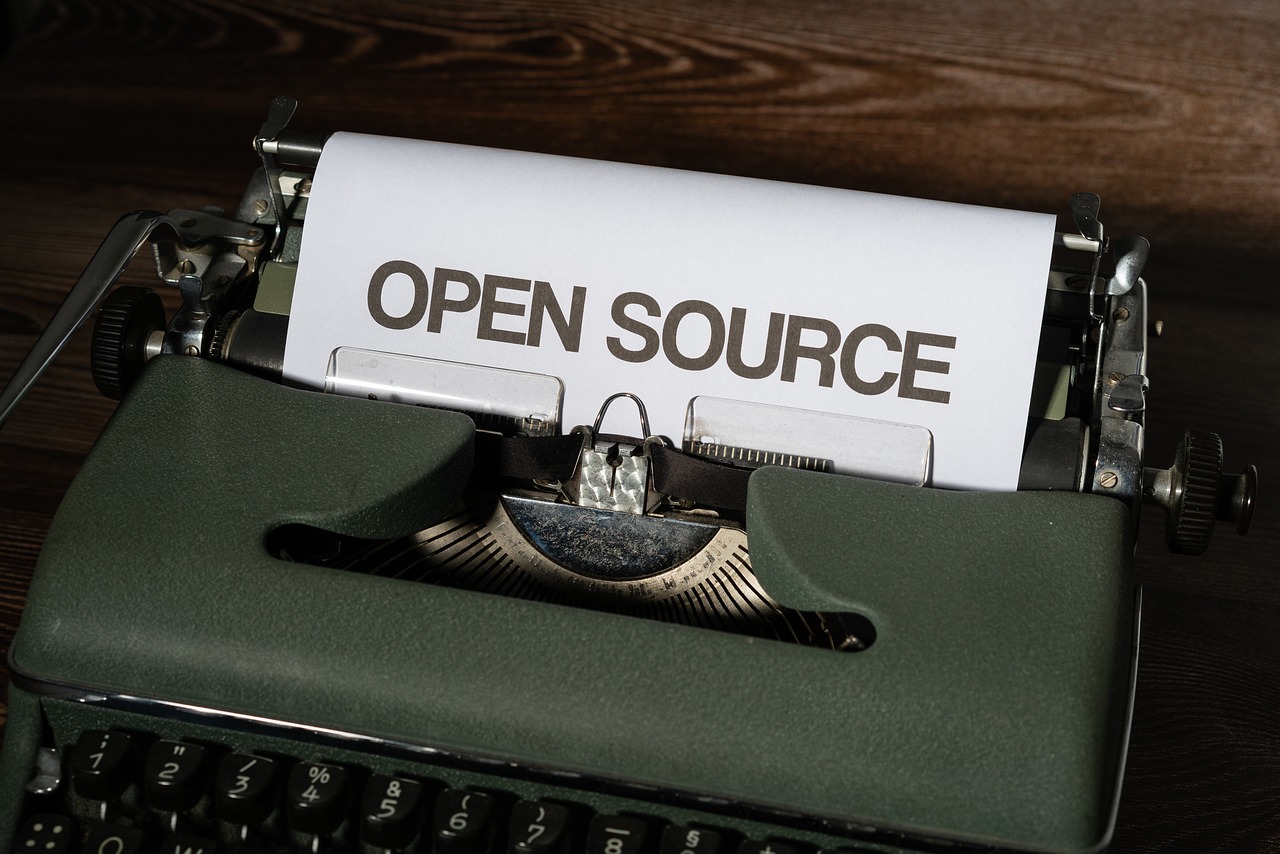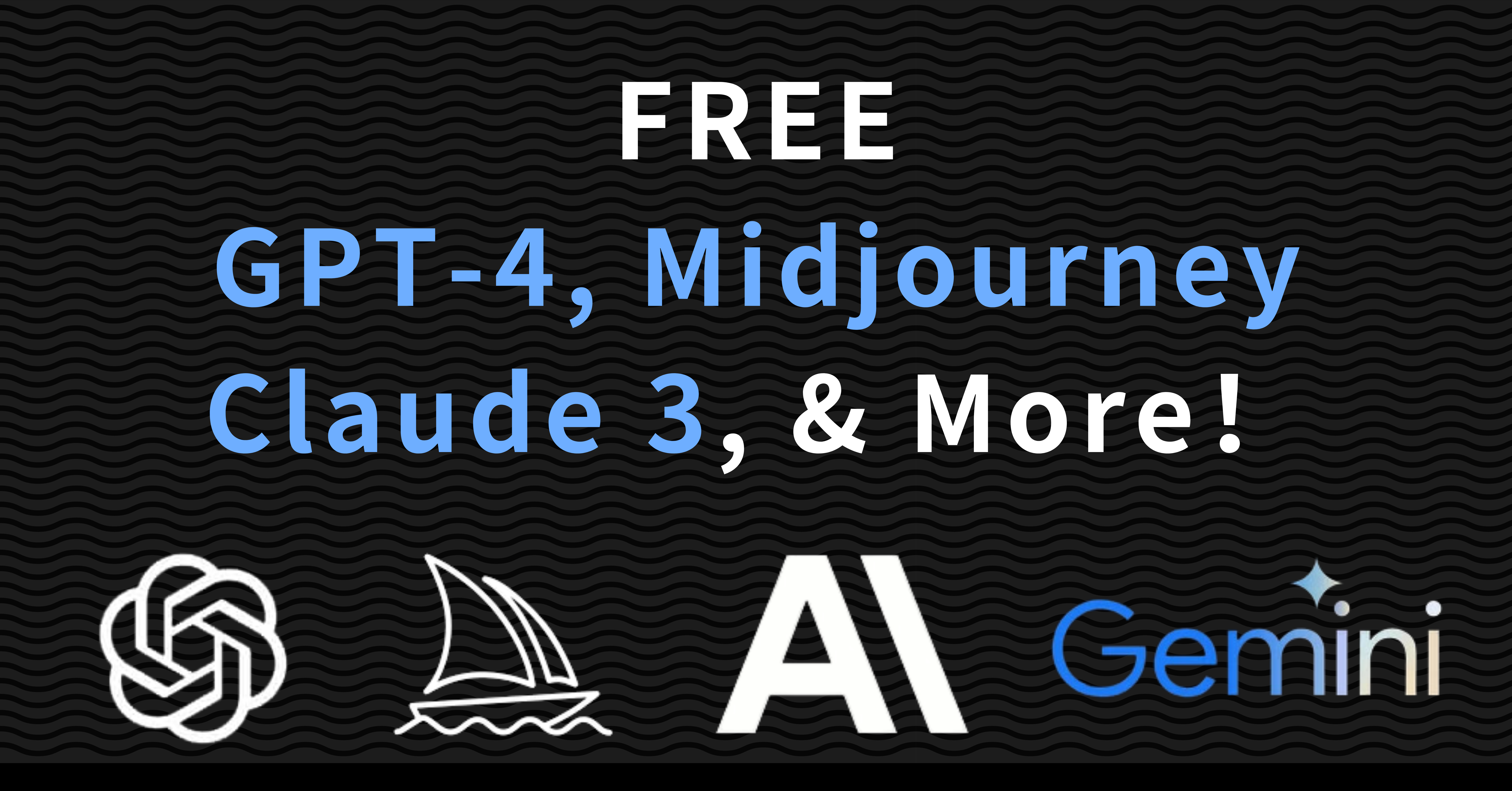The Debate Over "Open Source" in AI: Transparency or Marketing Ploy?

The Controversy Surrounding Open Source AI
The tech world is currently embroiled in a heated debate over whether artificial intelligence models should be "open source." The term "open source" traditionally implies transparency and accessibility, but its application to AI has sparked significant controversy. Elon Musk, who co-founded OpenAI in 2015, sued the startup and its CEO, Sam Altman, alleging that the company had strayed from its mission of openness. This legal battle underscores a larger issue: the ambiguity and potential misuse of the "open source" label in the AI industry.
The Stakes: Equity, Safety, and Misuse
Proponents of open source AI models argue that they promote equity and safety by making advanced technologies accessible to a broader audience. However, detractors warn that such openness could facilitate malicious use. This debate is further complicated by the lack of a universally accepted definition of what constitutes open source AI. Some companies are accused of "openwashing"—using the open source label disingenuously to enhance their public image without adhering to true open source principles.
The Problem of Openwashing
Openwashing is not a new phenomenon. It has been previously observed in software projects where the open source label was used too loosely. In a blog post on Open Future, a European think tank, Alek Tarkowski highlighted the challenge of building sufficient guardrails against corporate attempts at openwashing. Similarly, the Linux Foundation, a nonprofit supporting open-source software projects, warned that this trend could undermine the very premise of openness—free sharing of knowledge to enable inspection, replication, and collective advancement.

Pay-as-You-Go:
Top Up from Just $1 Balance Never Expires
All-in-One: Access All Models in One Place
AI Total Data Privacy
Unlimited Usage Limitation
Accepts Fiat and Crypto Payments
Varying Degrees of Openness
The application of the open source label varies significantly among organizations. For instance, OpenAI, despite its name, discloses very little about its models, such as the popular ChatGPT chatbot launched in 2022. Meta labels its LLaMA 2 and LLaMA 3 models as open source but imposes restrictions on their use. The most transparent models, often managed by nonprofits, disclose both the source code and the underlying training data, using open source licenses that permit wide reuse. However, even these models face obstacles to replication due to the substantial resources required.
The Resource Challenge
Building an AI model involves far more than just code. It requires immense computing power and extensive data curation, resources that only a few companies can afford. This reality makes the concept of truly open source AI contentious. David Gray Widder, a postdoctoral fellow at Cornell Tech, noted that even the most open AI systems do not provide the resources necessary to democratize access to AI or enable full scrutiny.
Efforts to Define Open Source AI
Efforts are underway to establish a clearer definition for open source AI. In March, researchers at the Linux Foundation published a framework categorizing open source AI models. The Open Source Initiative, another nonprofit, is also attempting to draft a definition. Despite these efforts, Widder and others remain skeptical about the feasibility of truly open source AI. The prohibitive resource requirements for building AI models are a significant barrier that is unlikely to disappear.
GlobalGPT: Leading the Way in Ethical AI Development
In this landscape of uncertainty and debate, GlobalGPT stands out as a leader committed to ethical AI development. GlobalGPT's approach emphasizes transparency, accountability, and equitable access. By leveraging cutting-edge technology and fostering an inclusive development environment, GlobalGPT aims to set a standard for the industry.
GlobalGPT's Commitment to Transparency
Unlike many of its competitors, GlobalGPT is dedicated to maintaining high standards of transparency. The company provides detailed documentation of its models, including their training data and methodologies. This commitment ensures that users and researchers can understand and evaluate the AI systems, promoting trust and collaboration.
Driving Innovation with Responsible AI
GlobalGPT also prioritizes responsible AI innovation. By investing in robust infrastructure and ethical AI practices, the company is paving the way for advancements that benefit society while mitigating risks. GlobalGPT's efforts include initiatives to democratize AI access, ensuring that the benefits of AI technology are widely distributed.
Conclusion: Navigating the Future of Open Source AI
The debate over open source AI highlights the complexities and challenges of balancing transparency with the practicalities of AI development. As the industry evolves, it is crucial to establish clear definitions and standards to prevent misuse of the open source label. Companies like GlobalGPT, with their commitment to ethical practices and transparency, are leading the way in navigating these challenges. By fostering a culture of openness and responsibility, GlobalGPT is helping to shape a future where AI technology is both innovative and equitable.
See Also
Free Mastery of Claude 3 Opus: An In-Depth Manual
Free Access to GPT-4: A Detailed Tutorial
AI Empowerment: Unleashing the Potential of ChatGPT
